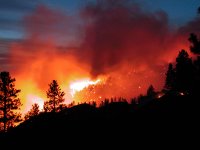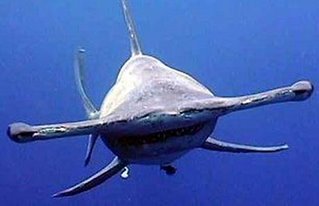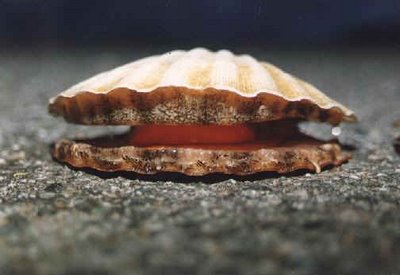Solar Cell Research
 Here in the USA, private and federal funding for research into solar and other green energy technologies is the critical component in fast-tracking our transformation from a gluttonous, fossil fuel burning nation into a leader in alternative energy production. Here's an article on one such research effort into the development of more commercially viable solar cells.
Here in the USA, private and federal funding for research into solar and other green energy technologies is the critical component in fast-tracking our transformation from a gluttonous, fossil fuel burning nation into a leader in alternative energy production. Here's an article on one such research effort into the development of more commercially viable solar cells. STORY
The downside of this story is that developing a working prototype will take years. Maybe the newly elected Democratic Congress can cancel the funding of "The Bridge to Nowhere" and other me-first, pork-barrel programs and put the money where it will make a difference.
The Nordic countries, including Norway, Finland and Denmark have organized their research efforts to keep their commercial production of solar energy products at the forefront of the industry. LINK
g





















